Social support to internally displaced persons by case management method will promote their further integration into communities
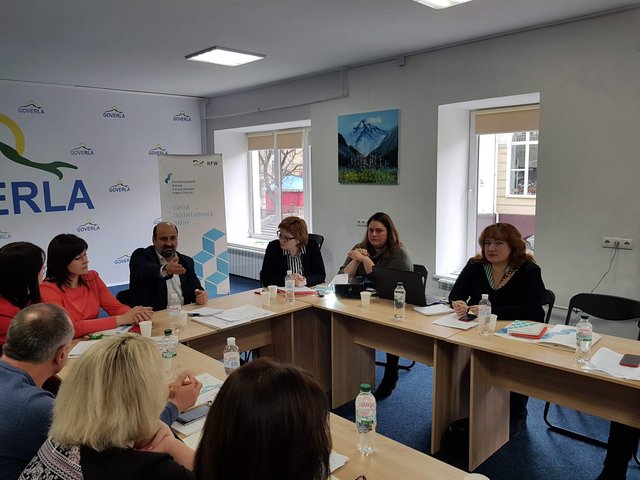
USIF promotes integration of internally displaced persons (IDPs) into hosting communities, not only through creation of housing for them, but also by introducing new approaches to social work.
Thus, "IDPs integration by joint efforts” program has been launched in 14 USIF partner communities from Kharkiv, Dnipropetrovsk and Zaporizhzhia regions, participating in the "Promotion of social infrastructure development. USIF V” Project, financed by German Government through KfW Development Bank.
This program and the results of the research on the state of IDPs integration into Kharkiv region communities were presented by USIF and its partners at the round table meetings held in Kharkiv (March 12), Zaporizhzhia (March 14) and Dnipro (March 15).
"USIF has launched the Program to facilitate adaptation of IDPs in hosting communities, where USIF provides these persons with housing. About 140 displaced persons have been already settled in the buildings renovated in the framework of the Project in Bogodukhiv, Krasnograd, Melitopol and Komysh-Zoria. By the middle of this year, another 8 facilities (hostels and apartment houses) will become operational with approximately 570 more internally displaced persons being accommodated. We expect that provision of housing and introduction of new methods of social work with IDPs will help to increase the level of their integration into communities and to facilitate solving urgent problems" said Serhii Kadygrob, Director of USIF Eastern Regional Office at the round table in Kharkiv.
According to the program's implementer, psychologist, social work specialist Ella Sokolyuk, it is important to understand that the process of IDPs integration and adaptation depends on many factors, in particular, on the favorable environment in the receiving community and on availability and accessibility of social, medical and educational services. This is confirmed by the results of the conducted research. Access to social services was identified as one of the most influential factors in integration by the majority (more than 70% of respondents) of surveyed IDPs. "It is expected that the Program will help social workers to master case management method and provide more effective support to IDPs in all spheres of life" Ella Sokolyuk said.
Series of trainings and consultations on organization of the process of social support to IDPs by the case management method will be held for social workers shortly.
The Program will promote access to community-based resources and services, in particular: social protection, employment, psychological support, medical care, rights protection, education and development for children and young people from IDPs families.
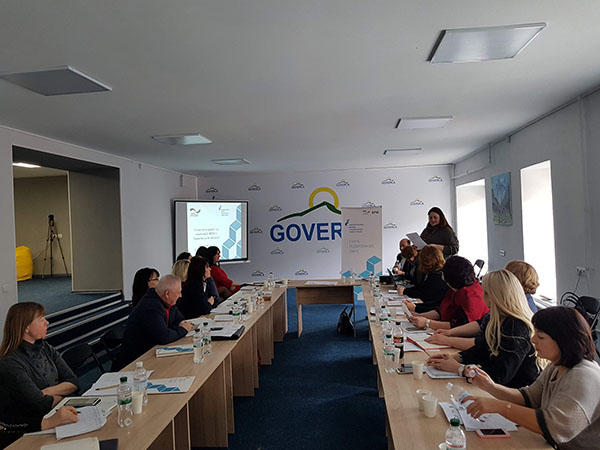
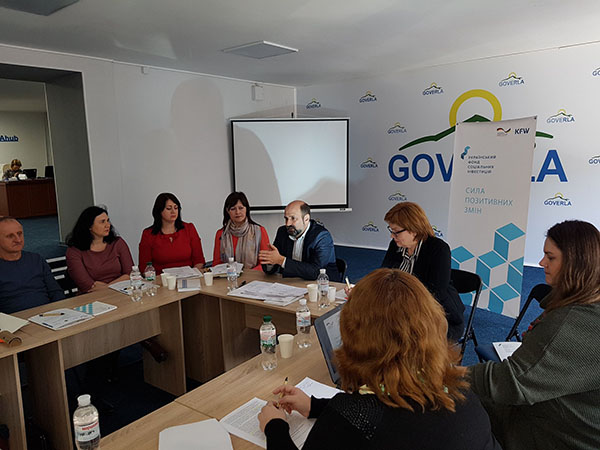
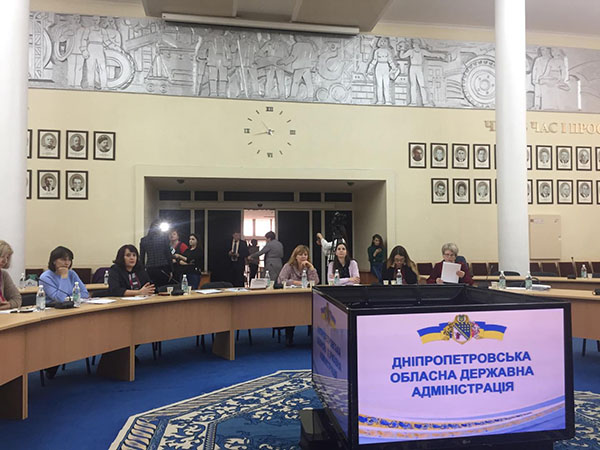
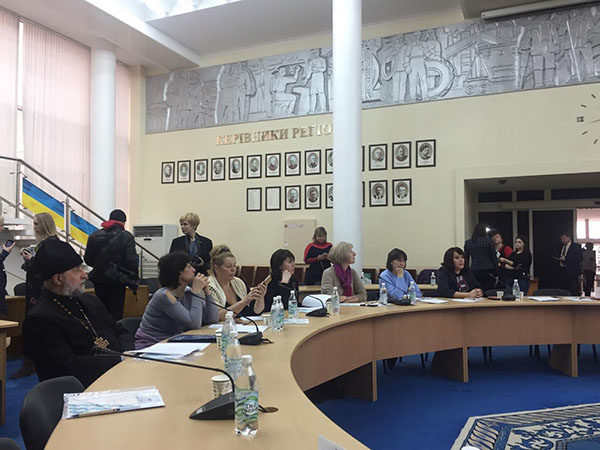


 +38 (044) 356-65-50
+38 (044) 356-65-50  Phone us
Phone us